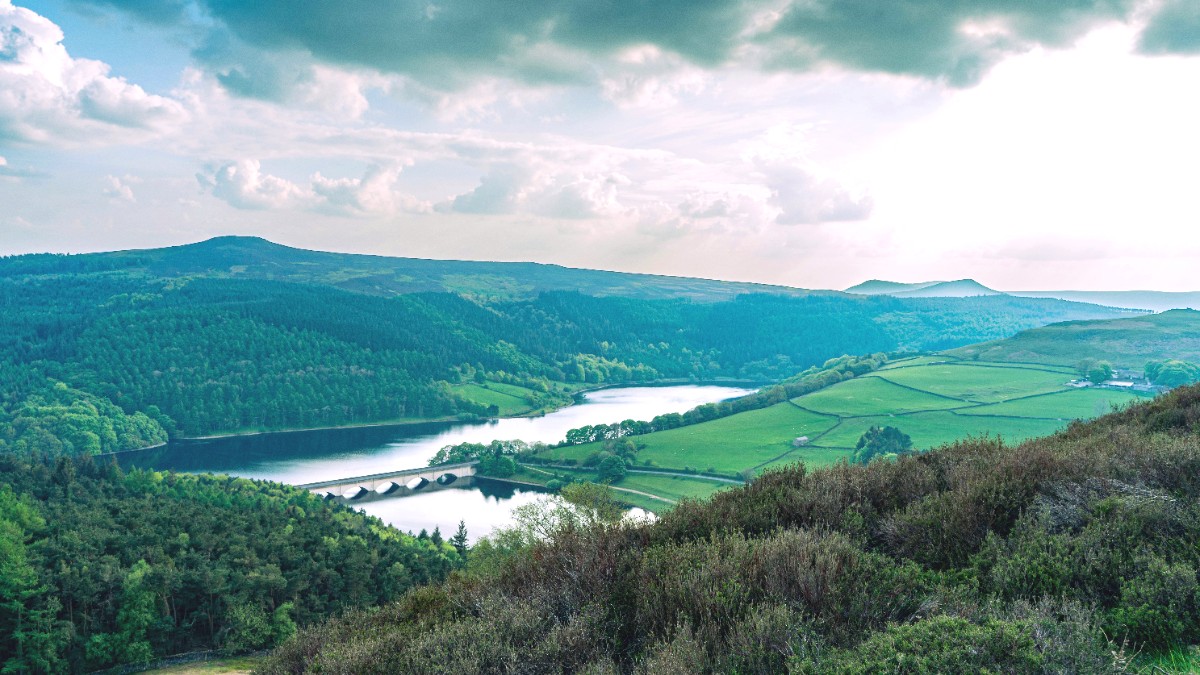
The Midlands, England
The Peak District lacks a metro or tram system. Public transport mainly relies on buses, complemented by a few train lines. Services connect major towns like Buxton, Bakewell, Matlock, and Ashbourne, along with some smaller villages.
Bus timetables and route maps are from local tourist information centers, bus operators' websites (e.g., High Peak Buses, Stagecoach), and online journey planners. Major hubs for connecting services include Buxton, Bakewell, Matlock, Sheffield, and Manchester.
Plan journeys in advance using online planners like Traveline for seamless navigation.
Obtain a physical or digital copy of bus timetables for your specific area to avoid confusion.
Be aware services are less frequent on weekends and holidays. Consider alternative transport on these days.
You need a valid driving license, usually held for at least one year. An International Driving Permit may be needed for non-UK licenses. A credit card in the main driver's name is for the deposit. Major international companies operate at airports and major cities surrounding the Peak District. Local companies also exist. Drive on the left. Explore options at DiscoverCars.com.
No widespread bicycle sharing programs. However, numerous bicycle rental shops are available in cycling hubs, including Bakewell, Parsley Hay, Derwent Valley, and Hathersage, often located along popular traffic-free trails.
Motorcycle and scooter rentals are less common within the Peak District itself. You may find specialist rental firms in nearby cities. Tuk-tuks or similar vehicles are not applicable or available for transport in the Peak District.
The entire Peak District is a walker's and cyclist's paradise, with thousands of miles of public footpaths, bridleways, and dedicated cycle trails.
The park boasts an excellent network of off-road cycle trails, many on former railway lines, suitable for all abilities.
The Peak District includes a few unique transport experiences beyond standard options.
The Peak District National Park Authority developed "Miles without Stiles" routes. These trails are specifically for wheelchairs, prams, and those with limited mobility.
Speed limits are 30 mph in urban areas, 60 mph on single carriageways, and 70 mph on dual carriageways and motorways, unless signs indicate otherwise. Seatbelts are mandatory for all occupants. Drive on the left.
Roads vary from wider A-roads to very narrow, winding country lanes with blind bends and steep gradients. Be prepared for these conditions, especially in the Dark Peak. Livestock may roam freely on rural roads.
Pay and display car parks are in towns and at popular trailheads. Some areas have limited free parking, notably in smaller villages. Park considerately, without blocking access for local residents or emergency vehicles.
Always confirm public transport timetables for your specific travel dates, especially for rural services and on weekends. Many routes have less frequent schedules. For car rental, inspect the vehicle thoroughly before departure and understand parking regulations in villages to avoid fines.